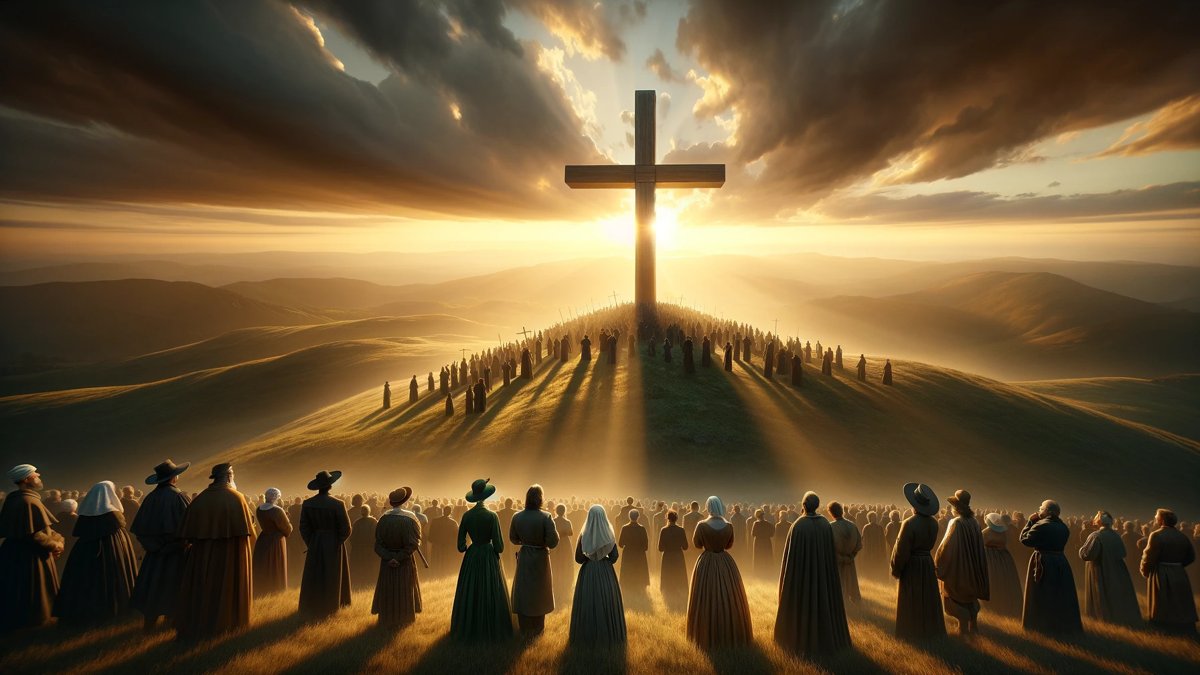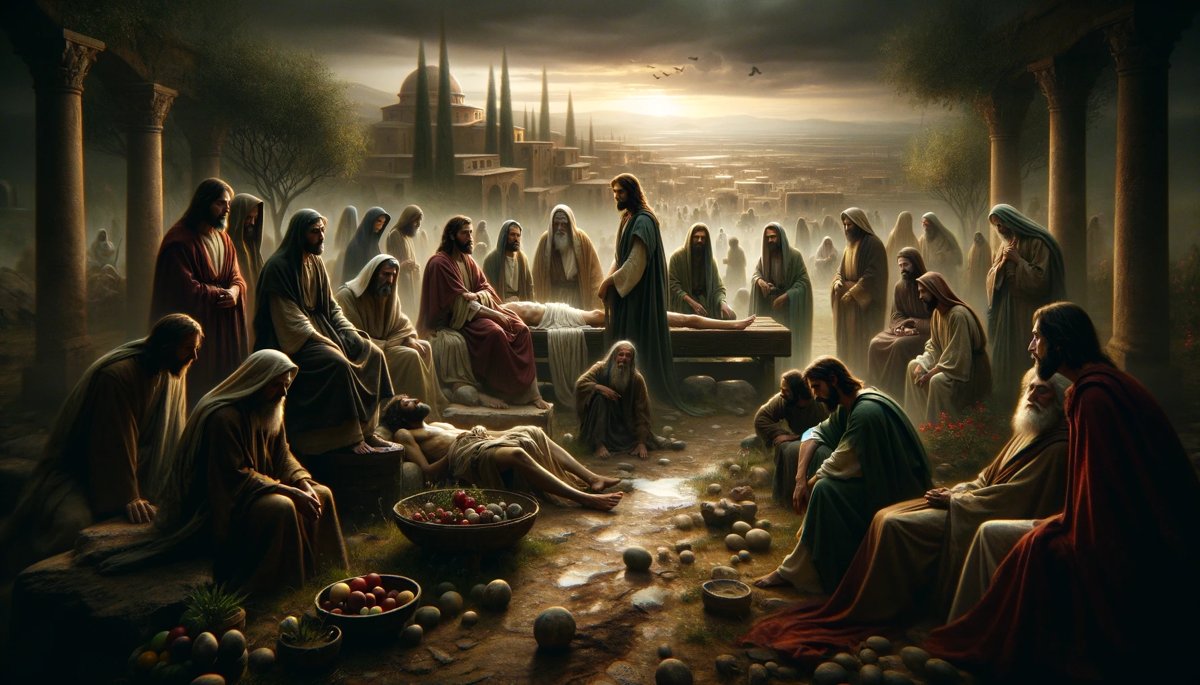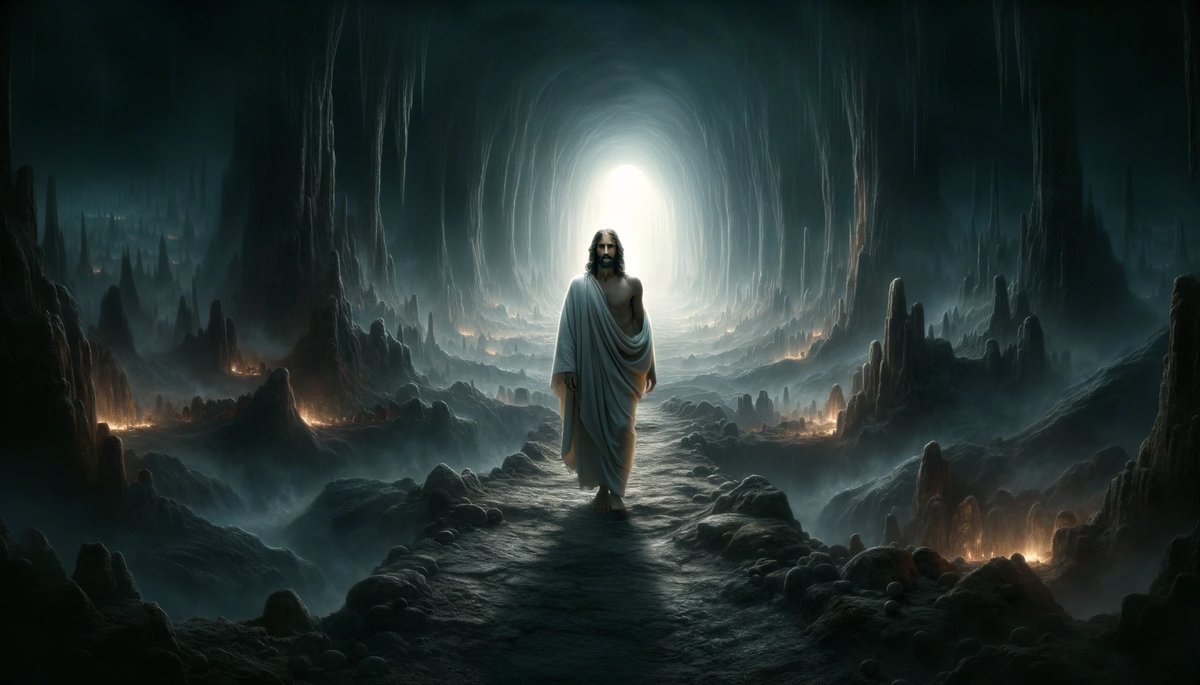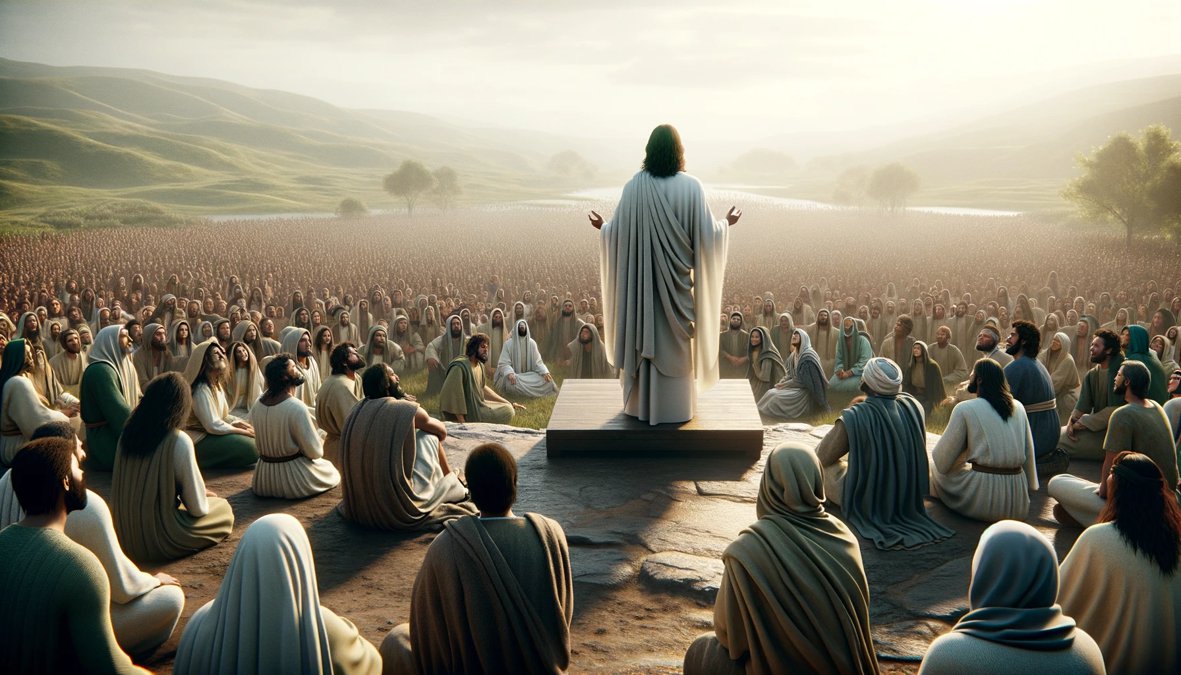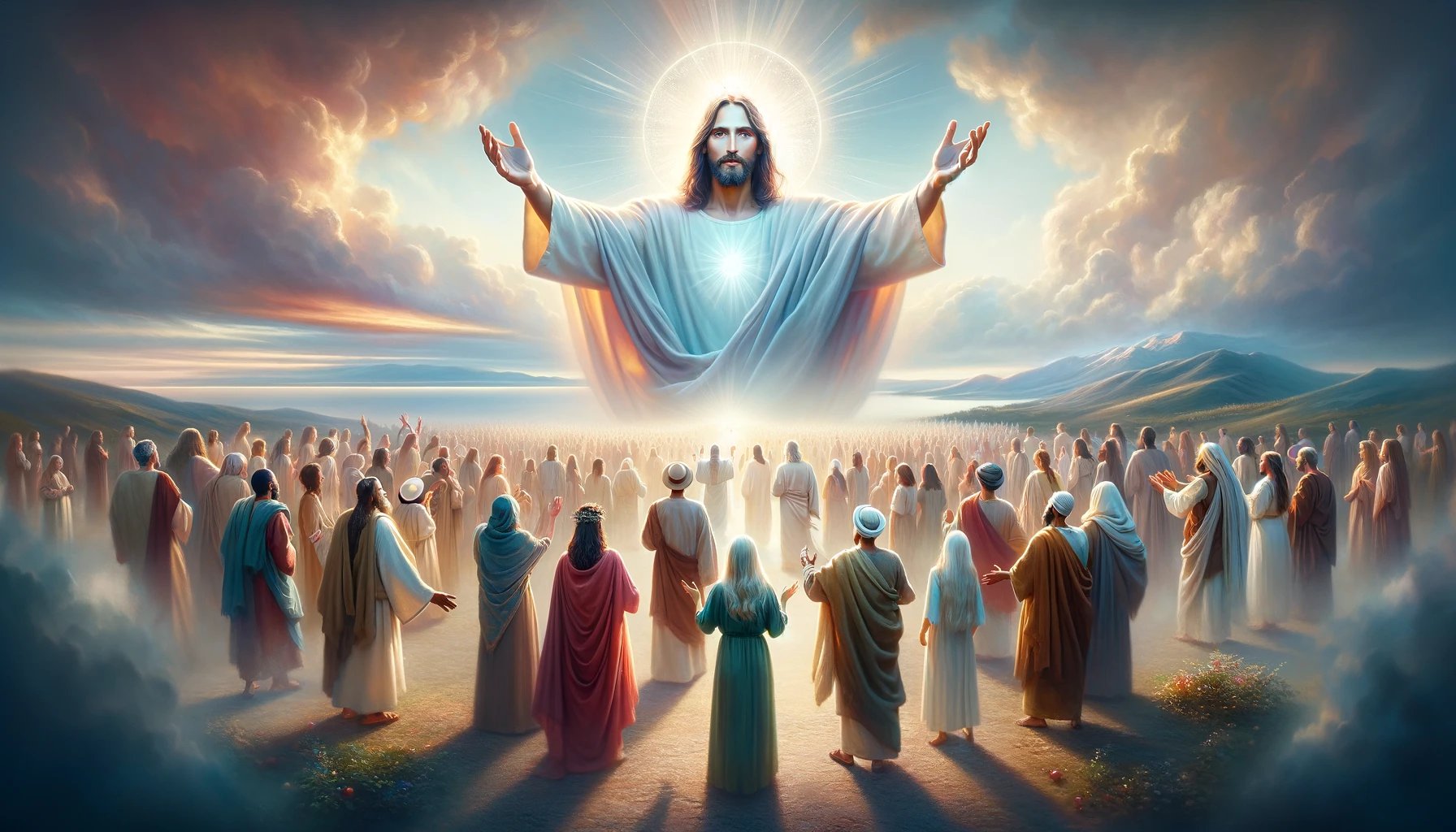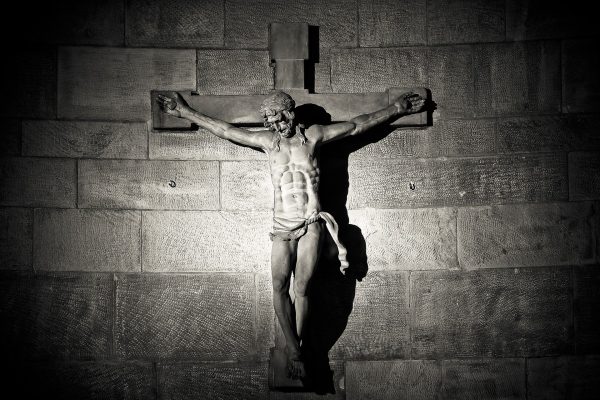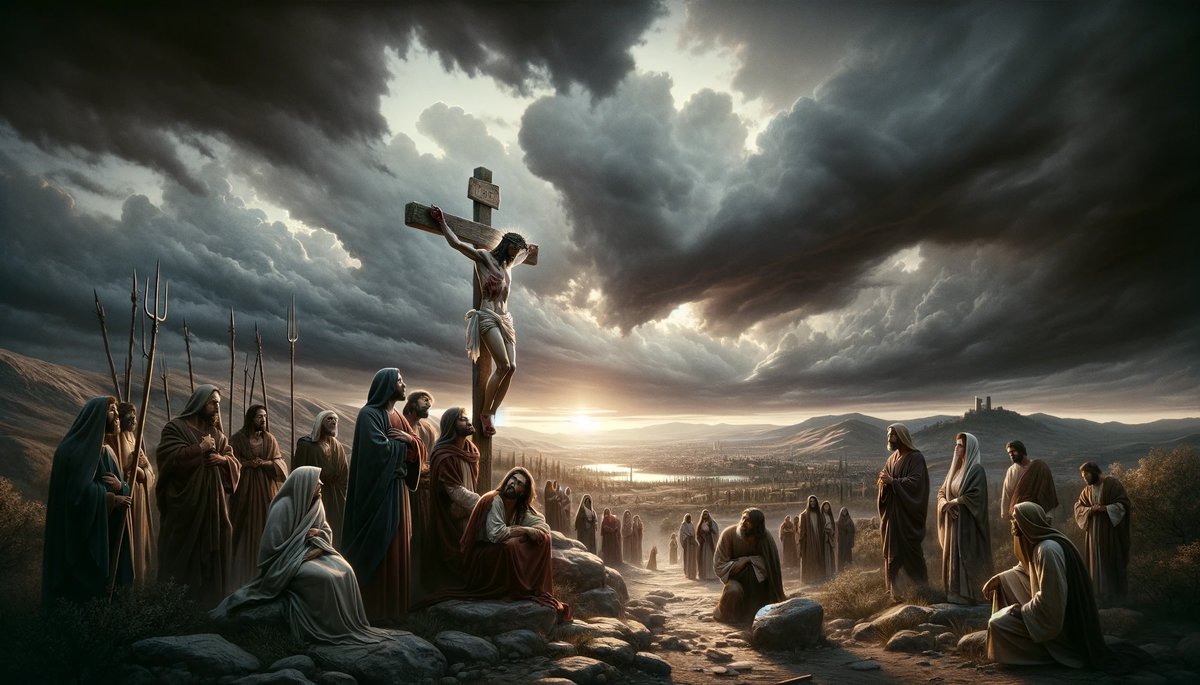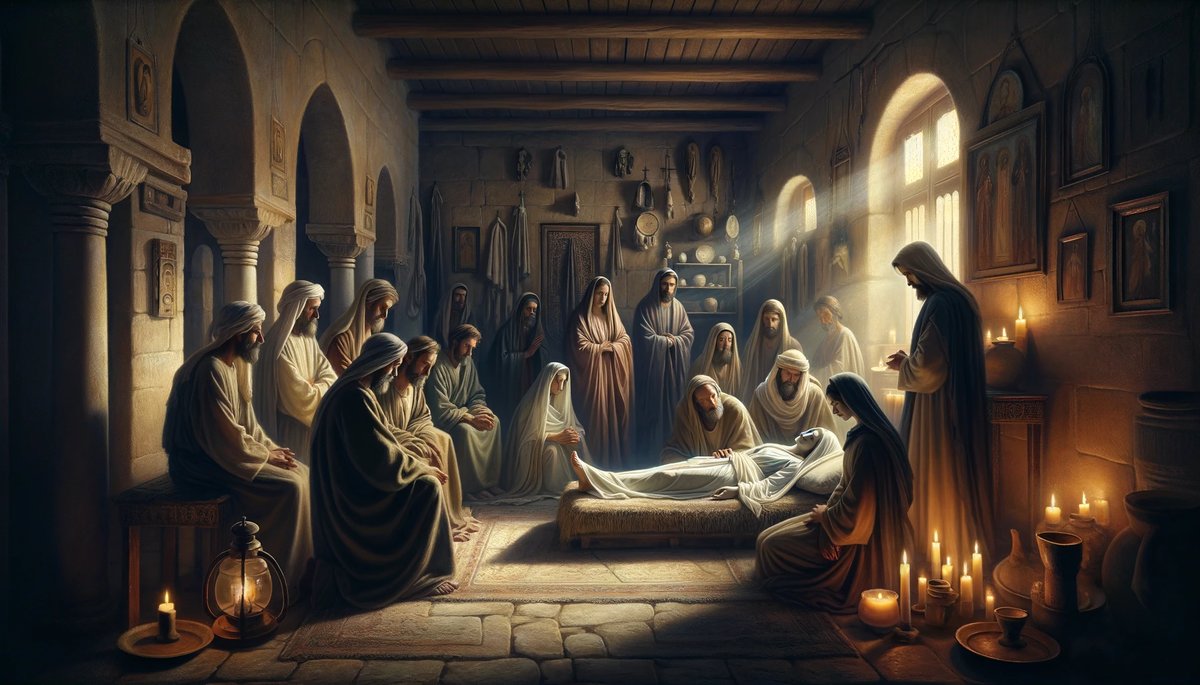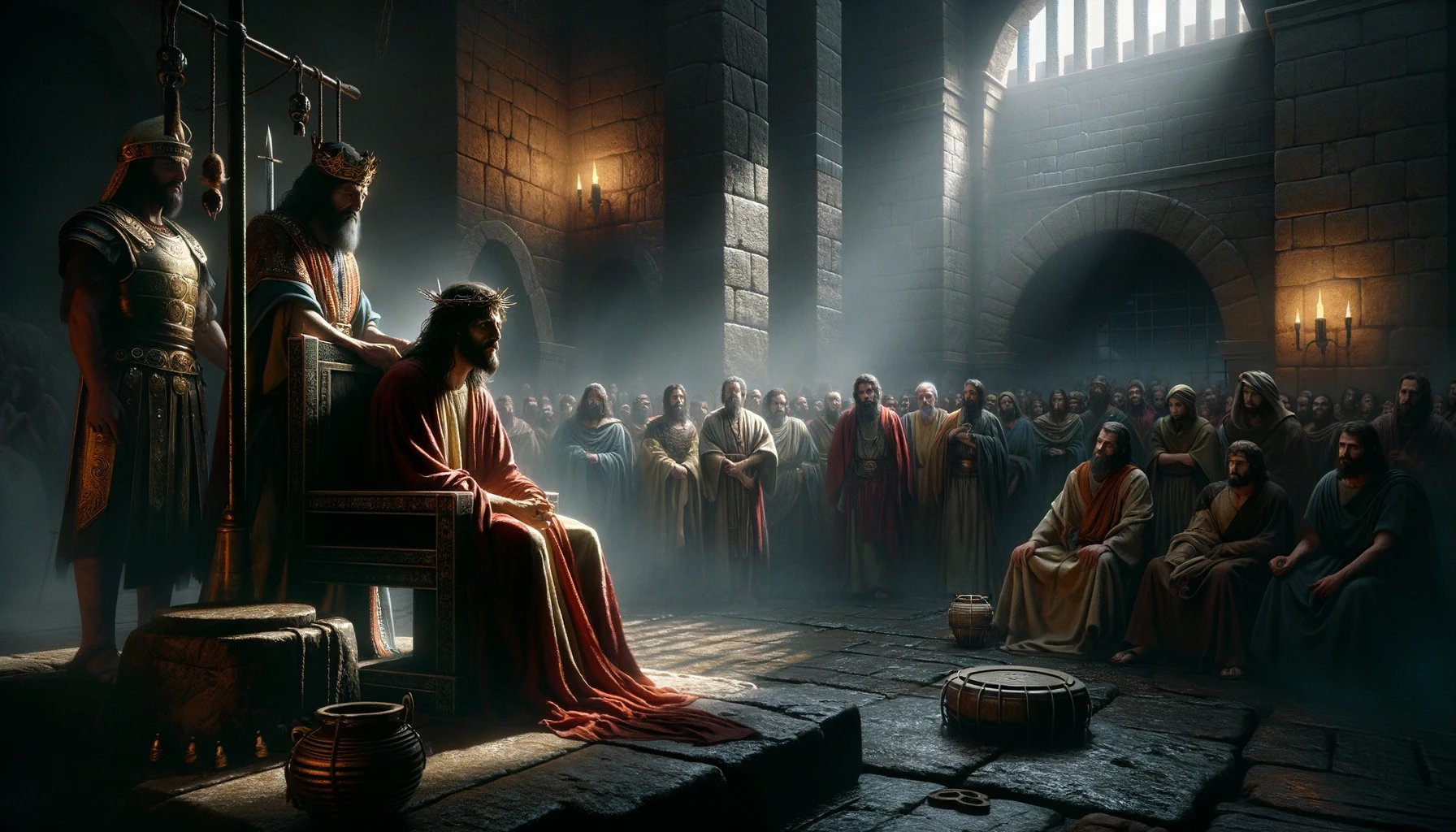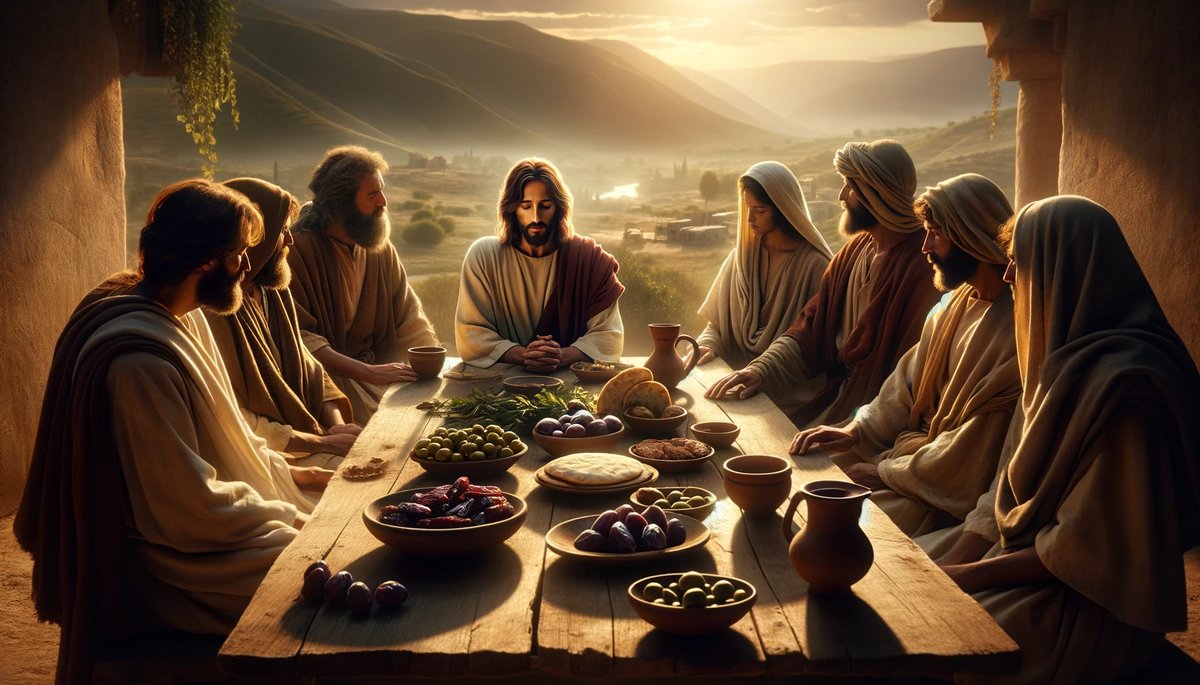Home>Christian Videos>Bible Stories>In What Year Did Jesus Christ Die
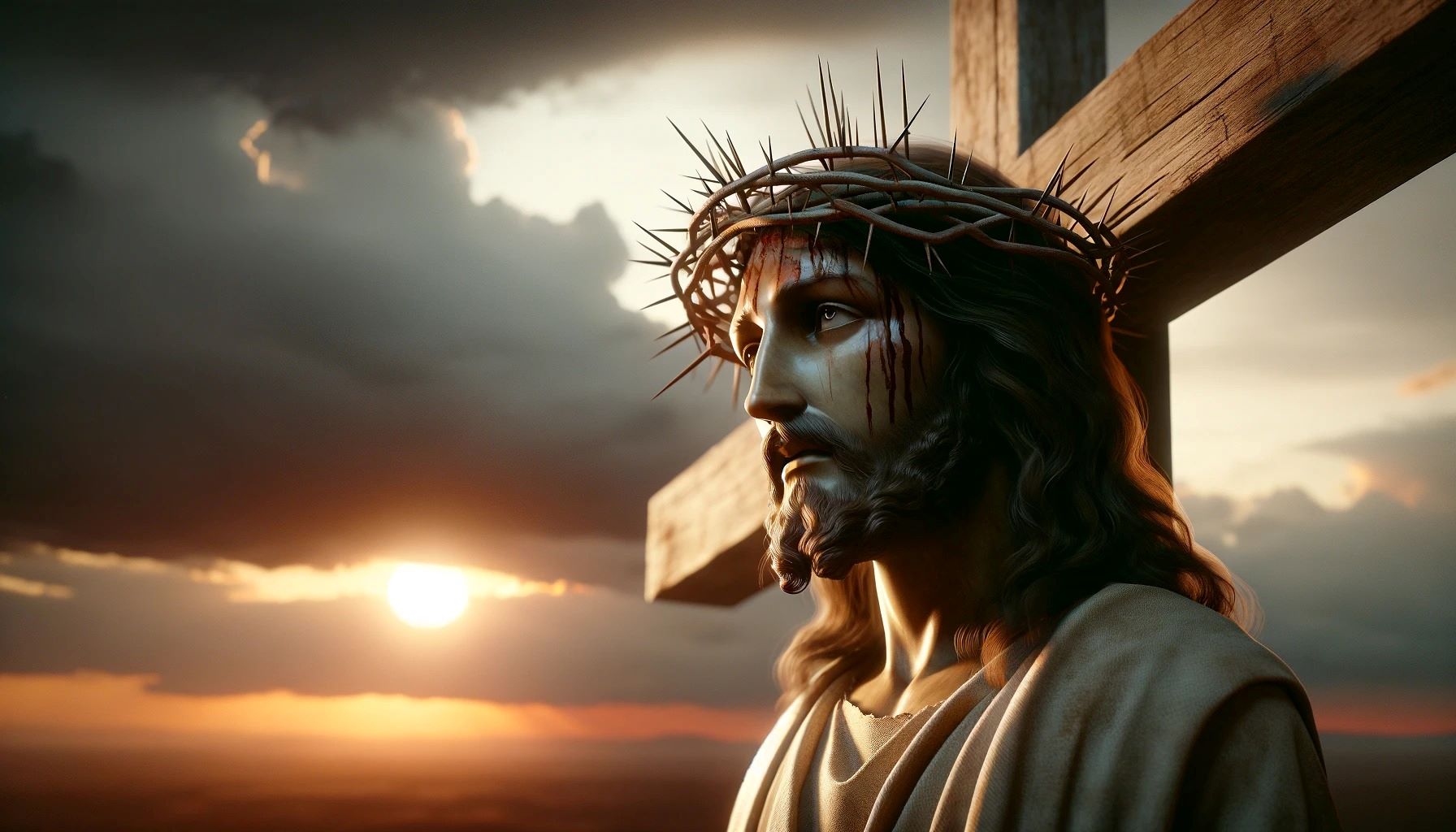

Bible Stories
In What Year Did Jesus Christ Die
Published: March 2, 2024
Peter Smith, Editorial Director at Christian.net, combines deep insights into faith, politics, and culture to lead content creation that resonates widely. Awarded for his contributions to religious discourse, he previously headed a major organization for religious communicators, enhancing dialogue on faith's societal impacts.
Discover the biblical account of Jesus Christ's crucifixion and the year of his death in this insightful exploration of Bible stories. Uncover the historical significance and spiritual impact of this pivotal event.
(Many of the links in this article redirect to a specific reviewed product. Your purchase of these products through affiliate links helps to generate commission for Christian.net, at no extra cost. Learn more)
Table of Contents
The Historical Context of Jesus Christ's Death
-
Roman Occupation: At the time of Jesus Christ's death, the region of Judea was under Roman occupation. The Roman Empire exerted significant influence over the political and religious landscape of the area. This occupation led to a complex and often tense relationship between the Jewish people and their Roman rulers.
-
Religious Tensions: Within the Jewish community, there were various religious sects, including the Pharisees, Sadducees, and Essenes. These groups held differing beliefs and interpretations of Jewish law, leading to religious tensions and power struggles.
-
Expectations of the Messiah: Many Jews at the time were eagerly anticipating the arrival of the Messiah, a figure prophesied in their religious texts who would deliver them from oppression and establish a new kingdom. This heightened expectation added to the charged atmosphere in Judea.
-
Cultural Diversity: Judea was a melting pot of cultures, with Jewish, Roman, and Greek influences shaping daily life. This cultural diversity contributed to the complexity of the social dynamics in the region.
-
Political Unrest: The presence of Roman authority and the desire for independence fueled political unrest among the Jewish population. This unrest often erupted into open conflict and resistance against Roman rule.
Understanding the historical context in which Jesus Christ lived and ultimately met his fate is crucial for comprehending the significance of his life and teachings. The complex interplay of religious, political, and cultural factors provides valuable insight into the circumstances surrounding his crucifixion.
Read more: Where Did Jesus Christ Die
The Crucifixion of Jesus Christ
-
The Sentence: Jesus Christ's crucifixion is a pivotal event in Christian theology and history. According to the New Testament, Jesus was sentenced to death by crucifixion under the orders of Pontius Pilate, the Roman governor of Judea. The crucifixion is a central symbol of the Christian faith, representing the sacrifice and atonement for humanity's sins.
-
The Process: Crucifixion was a method of execution used by the Romans for particularly heinous crimes. The condemned individual would be nailed or tied to a wooden cross and left to die. The process was agonizing and prolonged, often lasting for hours or even days. In Jesus's case, he was made to carry his cross to the site of crucifixion, where he was then nailed to the cross and left to suffer.
-
The Theological Significance: For Christians, the crucifixion of Jesus is seen as a fulfillment of prophecy and a demonstration of God's love for humanity. It is believed that through his death, Jesus took on the sins of the world, offering redemption and the promise of eternal life to those who believe in him.
-
The Symbolism: The crucifixion is a symbol of suffering, sacrifice, and ultimately, triumph over death. It is a central theme in Christian art, literature, and worship, serving as a powerful reminder of the depth of Jesus's love and the hope it brings to believers.
-
The Impact: The crucifixion of Jesus Christ has had a profound impact on the development of Christian theology and the spread of the Christian faith. It is a cornerstone of Christian belief, shaping the way believers understand sin, salvation, and the nature of God's relationship with humanity.
The Date of Jesus Christ's Death
-
Passover and the Crucifixion: The date of Jesus Christ's death has been a topic of scholarly debate for centuries. One widely accepted theory is that Jesus was crucified during the time of the Jewish festival of Passover. This annual celebration, which commemorates the Israelites' liberation from slavery in Egypt, typically falls in the spring. Some scholars argue that the events leading to Jesus's crucifixion align with the timing of Passover, pointing to the significance of this festival in understanding the date of his death.
-
The Synoptic Gospels: The Synoptic Gospels—Matthew, Mark, and Luke—provide accounts of the events leading up to Jesus's crucifixion, including the Last Supper, his arrest in the Garden of Gethsemane, and his subsequent trial and execution. These accounts offer valuable clues for determining the timing of Jesus's death, as they reference specific Jewish festivals and customs. By examining these details in conjunction with historical records, scholars have attempted to pinpoint the precise date of Jesus's crucifixion.
-
Scholarly Investigations: Over the centuries, scholars and theologians have engaged in rigorous investigations to determine the date of Jesus Christ's death. These inquiries have involved a careful analysis of biblical texts, historical documents, astronomical data, and ancient calendars. By cross-referencing these sources, scholars have sought to reconcile the accounts of Jesus's crucifixion with known historical events and astronomical phenomena, aiming to establish a definitive timeline for this pivotal moment in Christian history.
-
The Lunar Eclipse Hypothesis: One intriguing theory proposed by some scholars suggests that a lunar eclipse may have occurred around the time of Jesus's crucifixion. This hypothesis is based on references to darkness descending over the land during the crucifixion, as described in the Gospels. By identifying potential dates for lunar eclipses within the historical timeframe of Jesus's death, researchers have sought to align these celestial events with the accounts of darkness, offering a compelling astronomical perspective on the date of Jesus's crucifixion.
-
Continued Inquiry and Reflection: The quest to determine the precise date of Jesus Christ's death continues to captivate scholars and enthusiasts alike. While definitive consensus remains elusive, ongoing research and scholarly discourse contribute to a deeper understanding of the historical and theological significance of this event. The date of Jesus's crucifixion serves as a focal point for contemplation, study, and reverence within Christian communities, underscoring the enduring impact of this pivotal moment in the Christian faith.
The Impact of Jesus Christ's Death
-
Foundation of Christian Faith: The death of Jesus Christ serves as the foundation of the Christian faith, shaping its core beliefs and doctrines. Central to Christian theology is the concept of atonement, which asserts that through his death on the cross, Jesus reconciled humanity with God, offering the promise of salvation and eternal life. This profound theological framework, rooted in the sacrificial death of Jesus, has been instrumental in shaping the identity and practices of Christian communities worldwide.
-
Redemption and Forgiveness: The death of Jesus Christ is viewed as the ultimate act of redemption and forgiveness in Christian belief. His sacrifice is seen as a demonstration of God's boundless love for humanity, offering the opportunity for individuals to be forgiven of their sins and restored to a right relationship with God. This message of redemption through Christ's death has provided comfort, hope, and spiritual renewal to countless believers throughout history.
-
Transformation of Lives: The impact of Jesus Christ's death extends beyond theological doctrine to the transformation of individual lives. For many believers, the story of Jesus's crucifixion and resurrection serves as a source of inspiration, guiding their moral and ethical choices, fostering compassion and selflessness, and instilling a sense of purpose and meaning. The profound impact of Jesus's death is reflected in the personal testimonies of those who have experienced spiritual renewal and a deepened sense of faith through their encounter with the message of the cross.
-
Cultural and Artistic Influence: The death of Jesus Christ has left an indelible mark on human culture and artistic expression. Throughout history, the crucifixion has been a recurring theme in art, literature, music, and drama, serving as a powerful symbol of suffering, sacrifice, and redemption. The visual and narrative representations of Christ's death have resonated with audiences across diverse cultural and geographical contexts, shaping the collective imagination and artistic heritage of humanity.
-
Global Spread of Christianity: The impact of Jesus Christ's death is evident in the global spread of Christianity. The message of the cross, with its emphasis on love, forgiveness, and salvation, has transcended geographical and cultural boundaries, influencing diverse societies and shaping the course of history. The enduring significance of Christ's death has been a driving force behind missionary efforts, evangelism, and the establishment of Christian communities around the world, contributing to the rich tapestry of global religious diversity.
-
Ethical and Social Implications: The death of Jesus Christ continues to have ethical and social implications, inspiring acts of compassion, justice, and solidarity. The Christian emphasis on sacrificial love, as exemplified in Christ's death, has motivated individuals and communities to advocate for the marginalized, pursue social justice, and engage in charitable endeavors. The enduring impact of Jesus's death is reflected in the countless humanitarian initiatives and social movements that have been inspired by the Christian message of love and self-sacrifice.
The impact of Jesus Christ's death reverberates through the annals of history, shaping the beliefs, values, and actions of individuals and societies. Its enduring influence transcends time and culture, leaving an indelible mark on the human experience and the collective consciousness of humanity.

